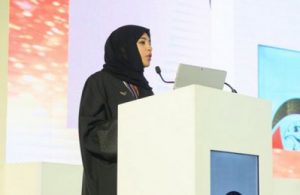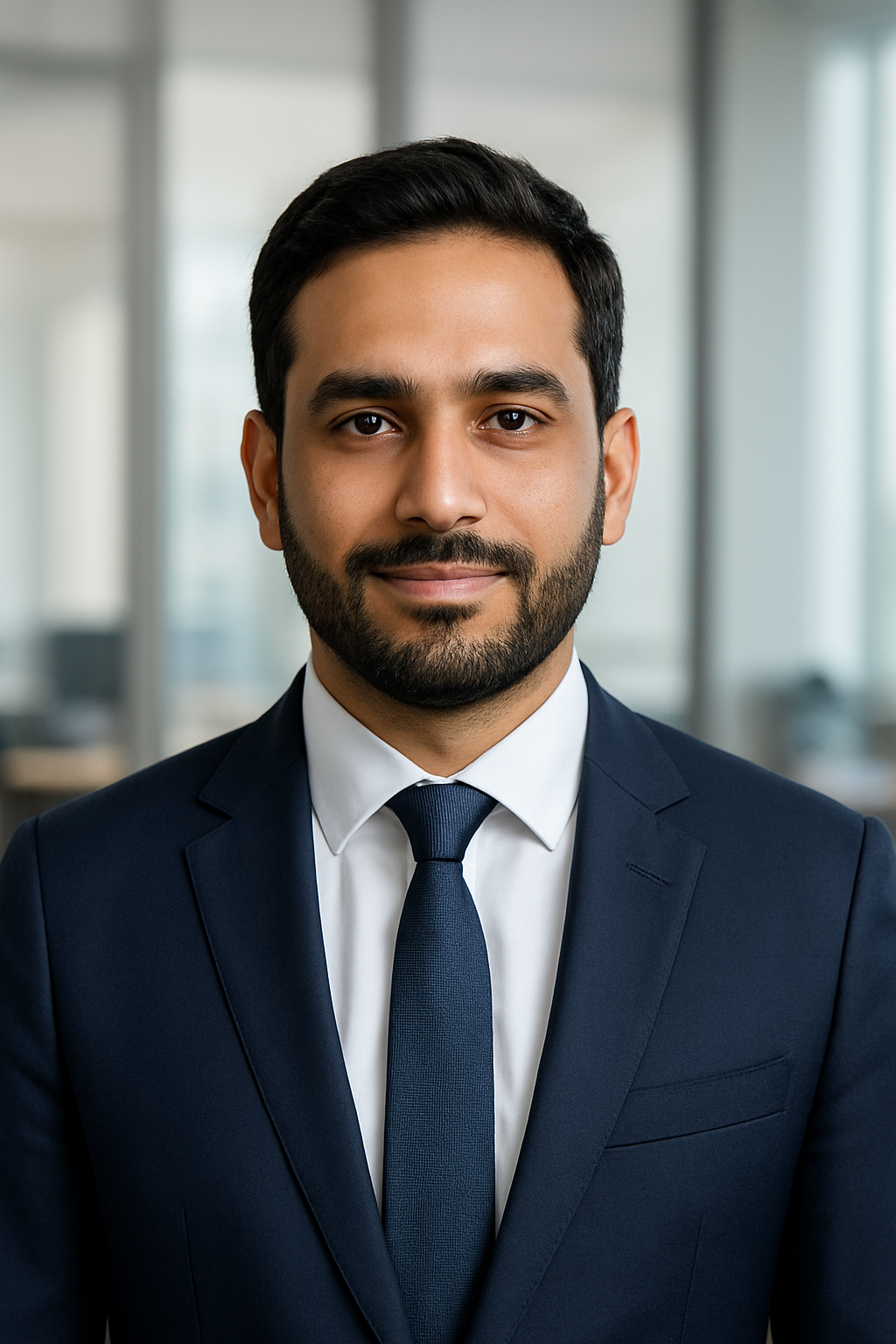The International Halal Accreditation Forum (IHAF), an independent, non-governmental network of accreditation bodies dedicated to harmonizing halal accreditation practices, has taken a leading role in addressing the challenges facing the global halal trade industry.
In its recent webinar titled “The Future Perspectives of the Halal Industry,” IHAF brought together industry leaders to explore how traditional business models, particularly on-site assessments, have been significantly disrupted by the COVID-19 pandemic. The discussion also highlighted the role of digital transformation, such as remote assessments, in ensuring safety and quality in the halal industry moving forward.
Conformity assessment plays a critical role in national economies, benefiting suppliers, consumers, and government regulators. It allows producers to demonstrate that their halal products meet specific safety and quality standards, thereby building consumer trust. However, the pandemic has forced accreditation bodies to adapt quickly, shifting from on-site inspections to remote assessments and audits due to reduced staffing levels, modified working practices, and disrupted supply chains.

H.E. Dr. Rehab Faraj Al Ameri, Secretary-General of IHAF, emphasized the importance of digital transformation in enabling virtual assessments. She stated, “Accreditation bodies, recognition bodies, and conformity assessment bodies from both the public and private sectors are driving the global halal industry. IHAF’s goal is to harmonize halal accreditation and conformity assessment practices, which will ultimately facilitate and streamline international trade in the halal sector.”
Dr. Al Ameri added, “These practices have traditionally relied heavily on on-site assessments, which must now evolve to remote assessments to adapt to the future. IHAF is proud to bring together experts from around the world to discuss how we can turn this crisis into an opportunity. By sharing knowledge and experiences, we can collectively strengthen the global halal control system and enhance consumer confidence in halal products.”
Transitioning from On-Site to Remote Assessments
The pandemic has significantly impacted halal producers, accreditation bodies (ABs), certification bodies (CBs), and conformity assessment bodies (CABs), disrupting the traditional methods of authenticating and certifying halal products. Previously, assessments and audits were conducted on-site, with inspectors personally evaluating products for compliance.
Muhammad Sabir Hussain, Lead and Technical Assessor at the Emirates National Accreditation System (ENAS), noted, “The risk of not conducting assessments is greater than the risk of using remote auditing techniques. Failing to perform assessments increases the risk of fraud and potential liability due to extending certifications without proper oversight.”
Aldin Dugonjic, CEO of Croatia’s Centre for Halal Quality Certification, highlighted the growing demand for halal products during the pandemic, driven by consumer preference for safe and high-quality goods. However, he pointed out that certification bodies face challenges in conducting remote audits and maintaining halal accreditation.
Mufti Zeeshan Abdul Aziz, CEO of International Halal Certification (Pvt) Ltd, explained the difficulties in assessing critical areas such as slaughterhouses and food manufacturing sites remotely. He noted that many companies are reluctant to share sensitive information online due to confidentiality policies, such as restrictions on video recording within their facilities.
Abdul Aziz added, “Assessing slaughterhouses remotely is particularly challenging due to the complexity of their processes. Previously, certification bodies could observe the entire process on-site and interview personnel. Now, ensuring the integrity of virtual audits is a significant hurdle.”
Reinaldo Figueiredo, Senior Programme Director at the American National Standards Institute (ANSI) National Accreditation Board, highlighted that many certification and assessment bodies lack the tools and resources needed for digital transformation. Additionally, unclear guidance from scheme owners—entities responsible for developing certification schemes—has created confusion among accreditation and certification stakeholders.
Collaboration: A Path Forward
Dr. Al Ameri stressed the importance of collaboration among all stakeholders in the halal trade to address these challenges and develop sustainable solutions.
“IHAF is proud to have gathered experts from across the halal ecosystem—accreditation bodies, conformity assessment bodies, and certification bodies—in one event. Leading this dialogue among stakeholders will help us develop progressive, long-term solutions that benefit the global halal industry,” she said.
Figueiredo added, “IHAF plays a vital role in enhancing the competencies of accreditation body assessors and certification body auditors in the halal process. Through IHAF, assessors worldwide can gain a deeper understanding of halal certification processes and regulatory requirements. IHAF can also develop online training programs to support emerging accreditation bodies.”
As the first international accreditation entity based in the UAE, IHAF is committed to facilitating global halal trade by harmonizing halal standards and fostering collaboration among organizations. This ensures the industry remains stable, reliable, and responsive to the needs of consumers worldwide. Demonstrating its growing influence, IHAF now boasts 38 accreditation body members from 35 countries across six continents.
Go to Homepage

Anas AlQahtani is a seasoned job consultant and content writer at IHAForum.ae, bringing over 10 years of experience in the UAE and Saudi job markets. Known for his practical guidance and industry insights, Anas helps job seekers make confident career choices while supporting employers in finding the right talent. His work at IHA Forum focuses on empowering candidates with clear, reliable, and actionable career advice.